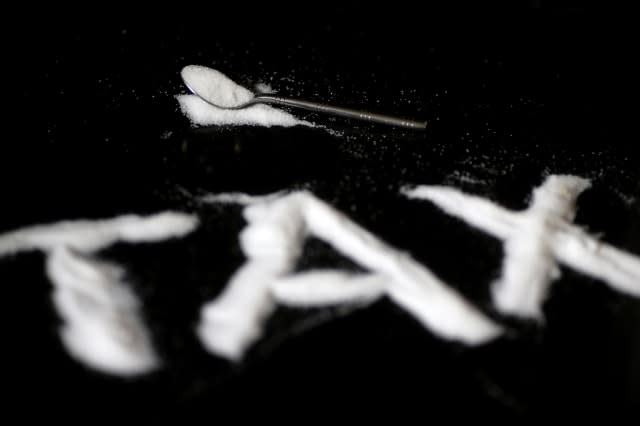It's time to drop unfair sugar tax - says pressure group

The sugar tax will be unfair and ineffective, says the TaxPayers' Alliance. What's worse is that it's totally unnecessary, because our consumption of sugar is already falling.
The tax has been criticised for unfairness, because it hits poorer people harder. The less money people have, the larger the proportion of their income they tend to spend on soft drinks. The sugar tax will therefore hit poorer people harder.
Consumption falling
Now new figures have revealed it's unnecessary too. The National Diet and Nutrition Survey has revealed that our consumption of sugar through soft drinks is falling. All children aged between 11 and 18 have seen their consumption of sugar in soft drinks fall between 2009 and 2014.
Boys are drinking 4% less, and girls 2.5% less. In fact, only one group has seen their consumption of sugary drinks grow in this period - and that's men aged 19-64 who have increased their sugar consumption 1.6%.
The TaxPayers' Alliance highlights that this is supported by other research. So, for example, the annual Family Food Survey by the Department for Environment, Food and Rural Affairs shows that the amount of sugar we consume in soft drinks has fallen by a third in just over a decade.
Ineffective
It says that even if the government wants to see our sugar consumption fall further, the sugar tax is the wrong way to go about it. It claims that international evidence shows that a sugar tax reduces the consumption of calories from soft drinks by fewer than five calories a day.
John O'Connell, Chief Executive of the TaxPayers' Alliance says: "This new data confirms what the evidence has been showing for some time - that there is simply no need for a badly thought through sugar tax that will have no discernible impact on people's diet or lifestyle choices. Lasting change will happen via a long-term cultural shift, not by burdening the poorest families with a higher cost of living."
"This is yet another example of irresponsible meddling from the High Priests of the Nanny State, introducing entirely unnecessary complications into an impenetrable tax system and pushing up the cost of everyday products for hard-pressed families."
On the other hand...
Of course, there's a flip-side to the argument. Fans of the sugar tax argue that the rate at which our consumption of sugar is falling is simply not fast enough. They point to the obesity crisis and the epidemic of type 2 diabetes putting the NHS under enormous pressure. And they argue that a regressive sugar tax is a small price to pay for better health.
In addition they highlight that the tax puts pressure on manufacturers to reduce the amount of sugar in soft drinks, and that because there was a reasonable gap between the announcement and bringing the tax in, the recipes will change in time. This simultaneously means the tax burden will not be as high as people fear, and that the amount of sugar in soft drinks will fall dramatically.
But which side of the argument do you come down on? Is this the government taking effective action, or an ineffective nanny state at its worst? Let us know in the comments.




